Peninsula Health Center | Addiction Treatment in South Bay Area
- Call Today for a Free Consultation
- 1-866-934-8228
An Overview of Dual-Diagnosis Treatment
Those with a mental health condition are more likely to have a substance use disorder (drug or alcohol addiction) than someone without a mental health condition. Unfortunately, most people with a co-occurring disorder do not get treatment for both conditions. They tend to seek help for just one or the other; generally, the illness with the symptoms that cause the most acute and unpleasant distress.
Not so many years ago, treatment for a substance use disorder was a separate treatment process from the treatment for a mental health disorder, regardless of what the individual wanted or needed. Most of the time, treatment and care was delivered at different facilities making co-occurring treatment nearly impossible.
Additionally, treatment for substance abuse previously utilized significantly different therapeutic models than those treatments for a mental health disorder. Consequently, many people who suffered from depression, anxiety, obsessive-compulsive disorder, bipolar disorder, or other co-occurring mental health conditions never received treatment for their substance use disorder. Conversely, many people who completed treatment for substance use disorders may never have received or sought treatment for a preexisting mental health condition. Peninsula Health Center provides dual diagnosis treatment in Southern California.
Medication-Assisted Treatment
Expertly managed medication-assisted treatment options available to all clients.
Unique Therapies
We utilize the latest advancements to ensure all clients experience personalized care.
Outpatient Options
We offer day and night intensive outpatient options so you don't have to worry about missing out.
Meet the Team
At Peninsula Health Center, we've established a world-class team of expert, caring treatment providers.
Our Program Defined
We offer integrative wellness solutions from addiction to mental health to overall health & wellness.
Tour Our Facility
Our convenient location makes its easy to access top-notch addiction medicine in Southern California.
Understanding the Root Causes
The Connection Between Mental Health & Addiction
Fortunately, the outlook on treating substance abuse disorders in conjunction with co-occurring disorders like depression has changed. Those who specialize in addiction treatment and mental health clinicians view dual diagnosis treatment as a field all its own. As time has passed, the number of people who have a substance addiction and, in conjunction, suffer from at least one mental health issue has increased. The Substance Abuse and Mental Health Services Administration (SAMHSA) estimates that approximately forty-three million Americans have a mental health disorder, and nearly twenty-one million have a simultaneously occurring substance use disorder.
Additionally, the United States Department of Health and Human Services estimates that approximately five percent of the American population struggles with a severe mental health disorder. Of this group, a large majority suffer from a dual diagnosis. Again, according to The Substance Abuse and Mental Health Services Administration, approximately eight million American adults are dually diagnosed with co-occurring mental health and substance abuse disorders.

Several varying theories have attempted to explain the connection between substance use disorders and mental health disorders. These include:
The use of drugs or alcohol can, in some cases, exacerbate the symptoms of existing mental health conditions. They can also produce symptoms that mimic the symptoms of certain mental health conditions. As an example, cocaine use can cause anxiety symptoms.
Mental illness symptoms can lead to substance abuse. It is not uncommon for people with mental illness to turn to substances to relieve the symptoms of their mental illness. When people continue to self-medicate as a coping mechanism eventually, an addiction may develop.
There are additional biological and environmental factors that can lead to both addictive behaviors and mental illness. Some of these could include genetic tendencies, alterations or differences in brain chemistry or structures, life experiences (including trauma), and excessive stress.
What to Expect at Our Dual-Diagnosis Program in Southern California
A dual diagnosis or co-occurring disorder generally requires a specialized treatment program. These programs must be capable of effectively addressing and treating both mental health disorders and substance use disorders at the same time. Everyone responds to different treatment models in different ways, which means the development of a treatment program must be highly individualized. At Peninsula Health Center, we will evaluate how long you have been using substances, the severity of your use, the impact of co-occurring mental health conditions, and any other pertinent medical needs. Through this type of detail, an individual treatment plan and detox program can be designed for you.
The first stage or step in a dual diagnosis treatment program in Southern California is generally detox. Outpatient detox is an option for those patients who may benefit from a non-residential, less restrictive treatment program. A trained substance abuse professional can assess if an outpatient setting is the right place for you based on a variety of different factors, most importantly, the severity of your drug addiction and the presence of other medical issues that could lead to increased risk during detox.
Outpatient programs often work best for individuals who do not have underlying medical concerns and who do not require twenty-four-hour supervision during their detox process. Once you complete a detox program and your body is free from toxic substances, it is possible to transition to a partial hospitalization or outpatient treatment program.
Dual-Diagnosis
Find out more about our dual-diagnosis programming at Peninsula Health Center in Palos Verdes.
Holistic Therapies
Explore the different types of holistic treatment options offered at Peninsula Health Center.
Medication-Assisted
Discover how our medication-assisted treatment program works and begin healing today.

We're Here to Help
The Benefits of Dual-Diagnosis Care
Dual diagnosis treatment programs help you learn to identify and address particular mental health symptoms. They also teach you to recognize the emotional and psychological factors that may have led to maladaptive and addictive behaviors. Substance abuse often develops from turning to drugs or alcohol as a form of self-medication to reduce the intensity of mental health symptoms. Dual diagnosis treatment can help you learn more about how substances are used to self-medicate. Dual diagnosis treatment also teaches you healthier, safer coping strategies to use throughout treatment and recovery.
Another significant benefit of dual diagnosis treatment is learning about potential triggers. Triggers are people, events, and places that impact your behaviors and challenge your sobriety. During treatment, our team will help you create a plan to address these triggers, helping reduce the possibility of relapse.
Find Lasting Recovery
Get a free consultation right now. Fill out the form below to get a callback from our expert and caring admissions team. Whether you are a fit for our program or not, we will help you find the best treatment options that work for your personal needs.
We Believe in Your Recovery.
Dual diagnosis treatment programs in Southern California use a combination of holistic (alternative) treatments such as yoga, meditation, and mindfulness practices in conjunction with traditional, evidence-based therapies, including cognitive-behavioral therapy (CBT), to provide the most comprehensive, well-rounded treatment program possible. Counseling sessions consist of individual, group, and family support sessions that address both your mental health and addiction treatment needs. Group sessions with like-minded individuals who share similar struggles can be instrumental in healing and recovery in a dual diagnosis setting.

Your Health Insurance Can Pay for Treatment
Learn more about how Peninsula Health Center works with health insurance plans and how your insurance can help cover most of the costs associated with treatment.
Heal Your Mind, Body & Spirit at Our Dual Diagnosis Treatment in Southern California
Having a dual diagnosis of substance abuse disorder in conjunction with a mental health disorder such as depression (schizophrenia or bipolar disorder) is no longer considered a barrier to or reason for excluding someone from substance abuse treatment. Similarly, patients with a substance use disorder should not be excluded from the necessary mental health treatment due to their drug or alcohol addiction. There are indeed significant challenges associated with detox while combating the symptoms of a mental health disorder.
These challenges can seem overwhelming and scary. If you have symptoms of a dual diagnosis condition, seeking help at a specialized dual diagnosis treatment program is vital to achieving lasting healing and recovery. Unfortunately, not all addiction treatment programs are structured to address mental health conditions and vice versa. Therefore, it is crucial to research each program you consider before committing to one that may not meet all of your treatment needs.
If you are ready to learn more about how dual diagnosis treatment can help you, contact our dual diagnosis outpatient treatment program in Southern California. Our admissions team is here to answer your questions about dual diagnosis treatment and how outpatient addiction and mental health treatment at a South Bay rehab, like Peninsula Health Center, can help you achieve lasting health and wellness. Let us help you take the first steps toward a symptom and substance-free future.
Contact us today for information on how to get help with dual diagnosis treatment in Southern California.

